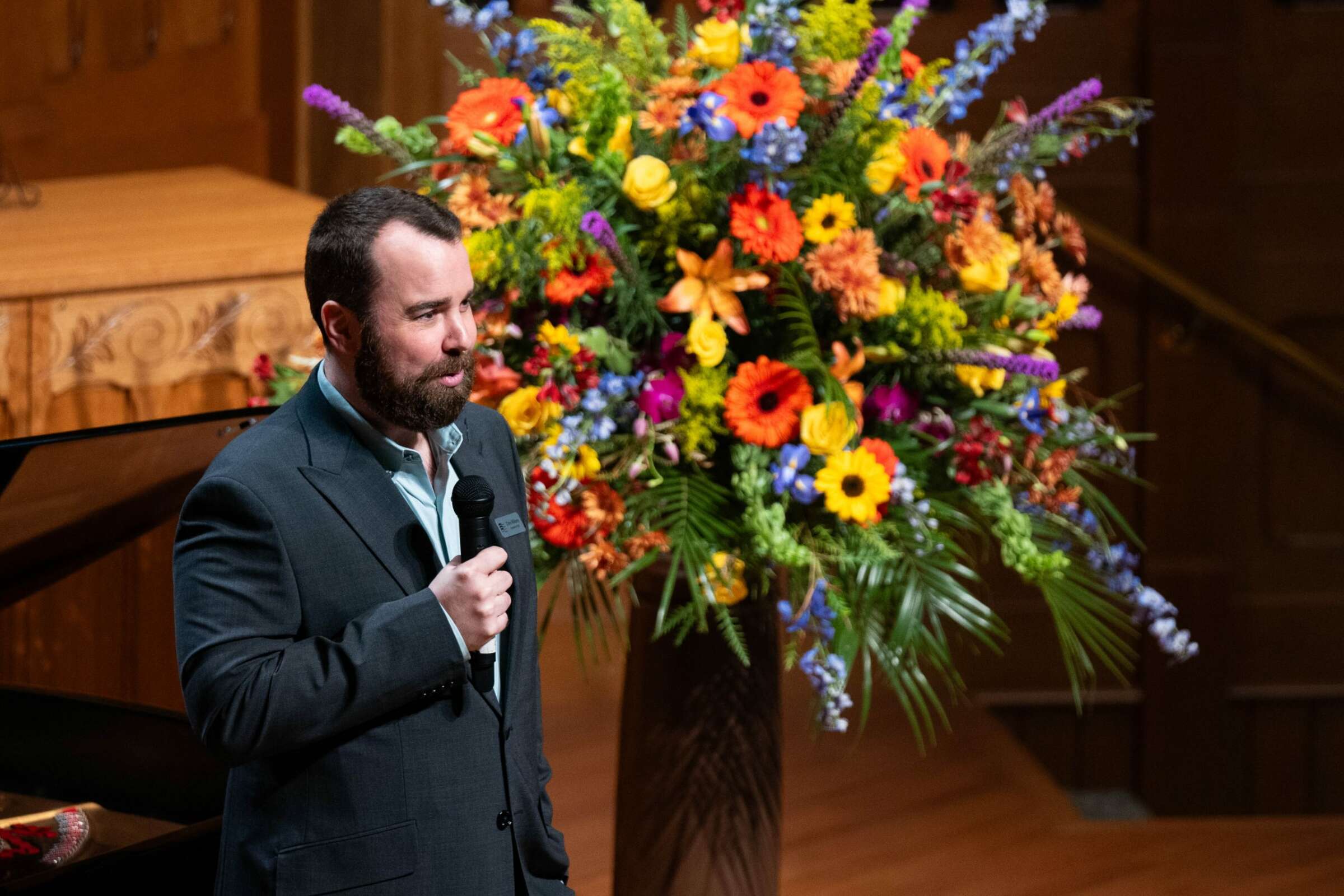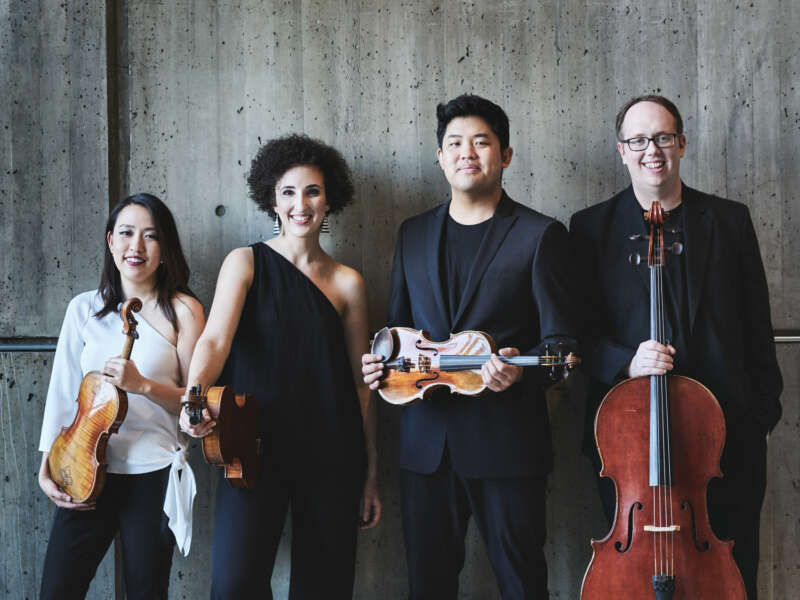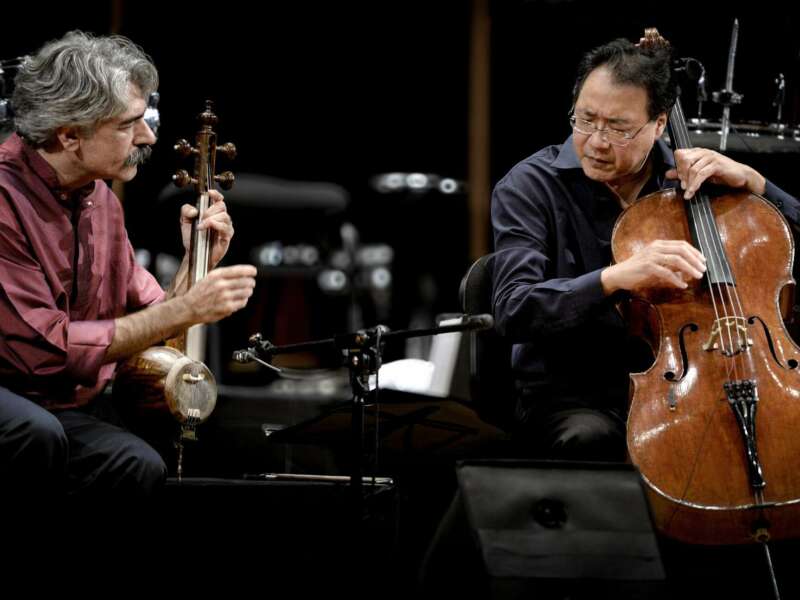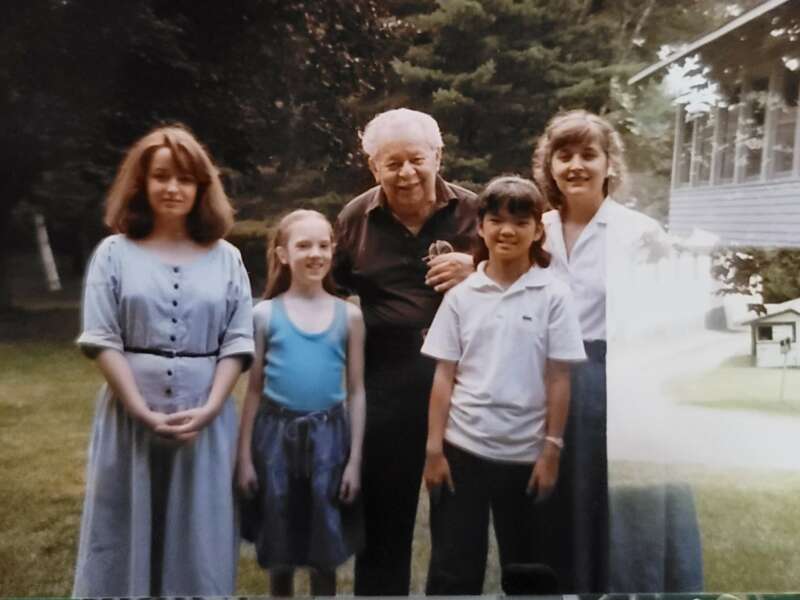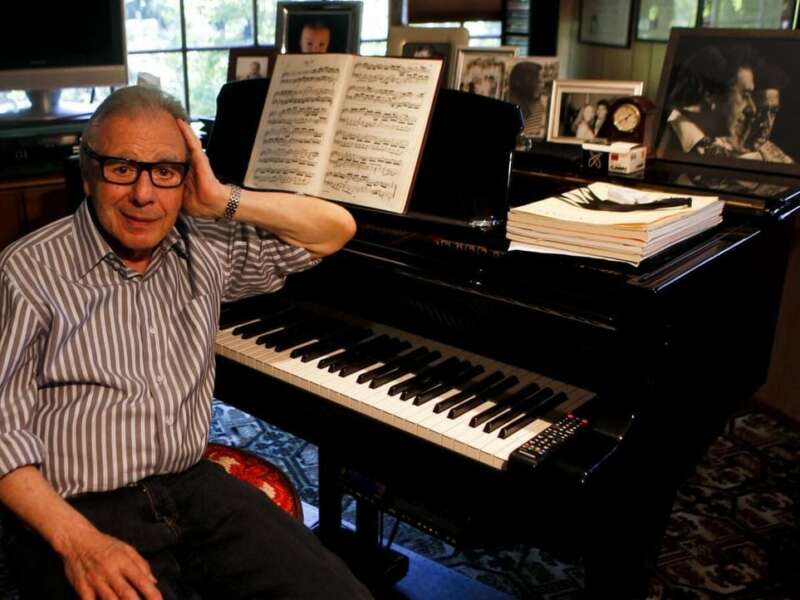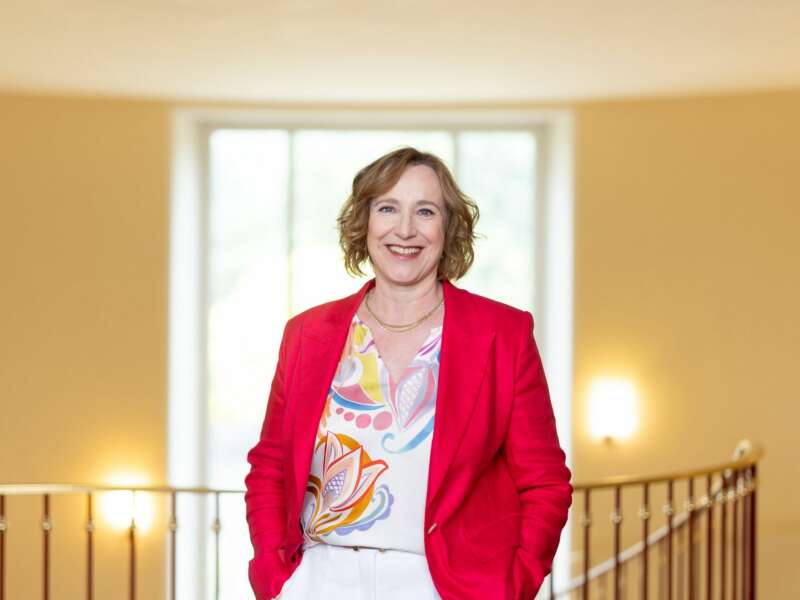American Piano Awards President & CEO on Supporting Your Winners Outside of Cash Prizes
We caught up with Chris Williams ahead of the final nights of the American Piano Awards on April 4 & 5
Alternating each year between classical and jazz and piano, the American Piano Awards has supported young pianists aged 18 to 30 for four decades and provided winners with career support and numerous concert opportunities.
The 2025 finalists are Michael Davidman (28), Avery Gagliano (23), Sasha Kasman Laude (29), Elliot Wuu (24), and Angie Zhang (29), who were selected from a pool of nominations made by over 1,200 industry professionals.
As part of a new partnership with American Piano Awards, The Violin Channel will stream the final round from April 4-5 and provide in-depth, backstage content from the event.
We talked with the organization's President and CEO, Chris Williams, to learn more!
Tell us about the American Piano Awards. When was it founded, and what is its primary mission?
The American Piano Awards were founded in 1979 with a mission to identify and support the most promising young American pianists as they launch their professional careers. Our goal is to empower these talented artists through performance opportunities, mentorship, and career development, ensuring they have the tools to thrive in the modern classical music landscape.
You've recently had a name and identity change. How did this come about?
The organization has evolved beyond its original membership structure, and the name and identity change reflect our commitment to embracing the changing landscape of classical music while staying true to our founding principles. The new name, American Piano Awards, is clear, purposeful, and directly highlights our flagship program.
How do you select your candidates? What is your criterion?
Our selection process is rigorous and highly competitive. Applicants are evaluated through a series of blinded recorded and live performances by a distinguished jury of pianists and industry professionals. We look for artistry, technical mastery, musicality, and a distinctive personal voice. Additionally, we consider an artist’s potential for growth and their readiness to embark on a significant professional career.
What opportunities do the candidates get in the months leading up to the exciting last recitals in Indianapolis in April?
Leading up to the finals in Indianapolis, candidates have a wealth of opportunities to expand their artistry and connect with diverse audiences. They perform in a variety of concerts and outreach events, including solo recitals and collaborations with esteemed ensembles such as the Indianapolis Chamber Orchestra, the Dover Quartet, and the Indianapolis Symphony Orchestra. Their community engagement extends to meaningful performances at hospitals, retirement homes, schools, and other local venues. Additionally, candidates experience a range of performance settings, from prestigious concert halls to more unconventional venues like Indianapolis’s beloved Jazz Kitchen. This broad spectrum of experiences helps them grow as artists and engage with audiences in dynamic and authentic ways.
As part of the competition, the classical finalists will perform a solo recital at Indianapolis’s Jazz Kitchen. What kind of repertoire is required for that performance?
The Jazz Kitchen recital invites finalists to present solo repertoire inspired by the theme of “Dance.” This open-ended approach encourages them to showcase their versatility, creativity, and ability to connect with audiences. Performing in a jazz-club setting offers a distinctive opportunity for classical pianists to engage listeners in a more intimate and dynamic environment, bridging the worlds of classical music and jazz with authenticity and artistry.
What does the winner receive?
The winner of the American Piano Awards Christel DeHaan Classical Fellowship receives a $25,000 cash prize, a national recital tour, a national concerto tour, customized career support, designer apparel, an album on the Steinway Record Label, and a 2-year artist-in-residence position at the University of Indianapolis among other prizes. This comprehensive package is designed to provide immediate recognition and long-term benefits, allowing the winner to further develop their artistry and navigate the complex realities of a professional career.
Why is it important to offer career support in addition to the cash prizes? Why did the organization prioritize this? What initiatives do you have planned?
While financial support is valuable, we believe that meaningful career development goes beyond cash prizes. Offering mentorship, industry connections, and strategic guidance is essential for helping artists build sustainable, impactful careers. Our initiatives include professional development and array of performance opportunities across the country to give the winner maximum visibility.
What are you looking for in a potential winner this year?
We are looking for a pianist who combines technical mastery and musical sensitivity with a distinctive artistic voice. Beyond skill alone, we value creativity, expressiveness, and a commitment to authentic storytelling through music. We also seek someone with the vision and resilience to build a meaningful, evolving career in classical music.
What do you recommend young pianists keep in mind when building their careers and applying to competitions?
We encourage young pianists to stay true to their artistic identity while remaining open to new ideas and experiences. Building a career requires not only technical excellence but also adaptability, resilience, organization, and genuine passion. Competitions are one important avenue for growth, but the broader journey involves connecting with audiences, collaborating with other artists, and continually expanding one’s artistic vision.
june 2025
july 2025


